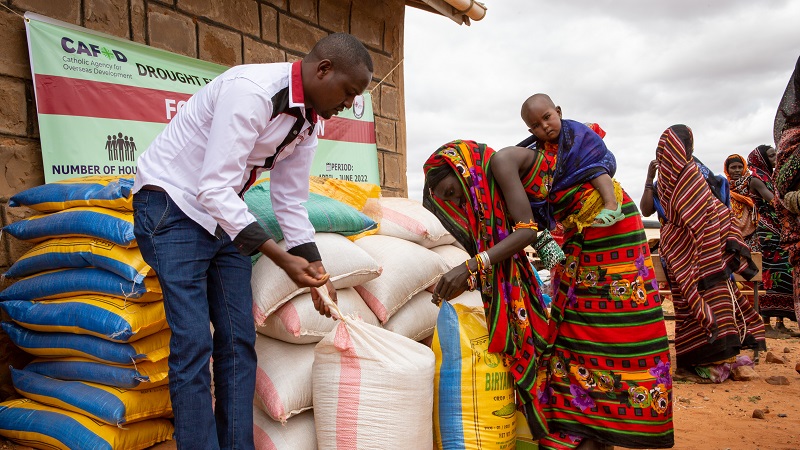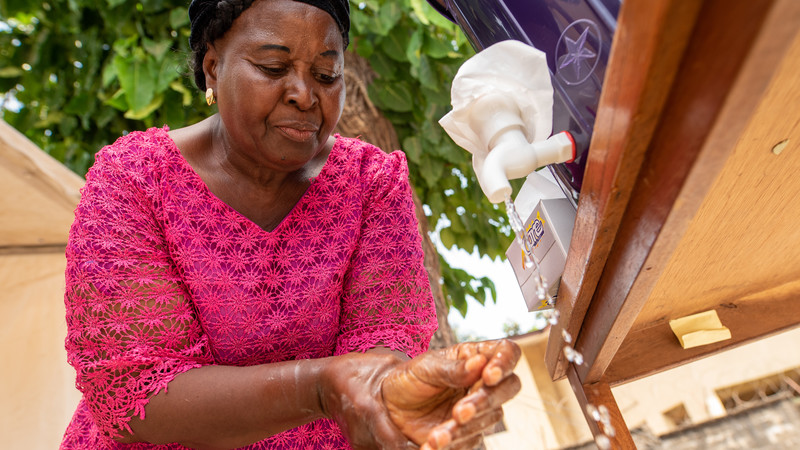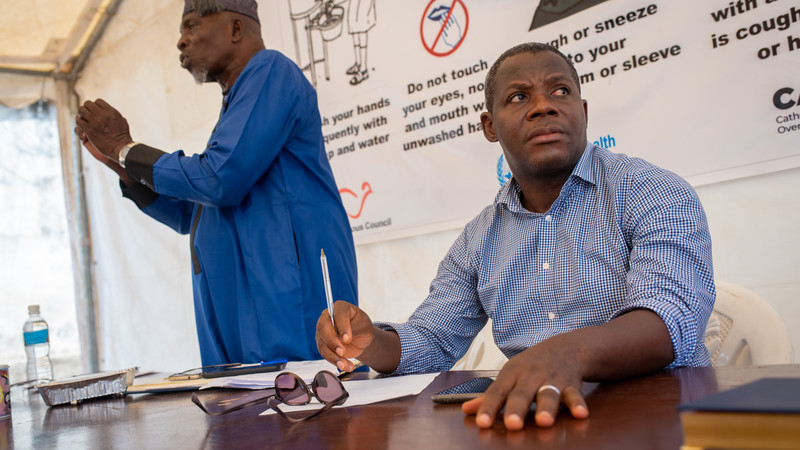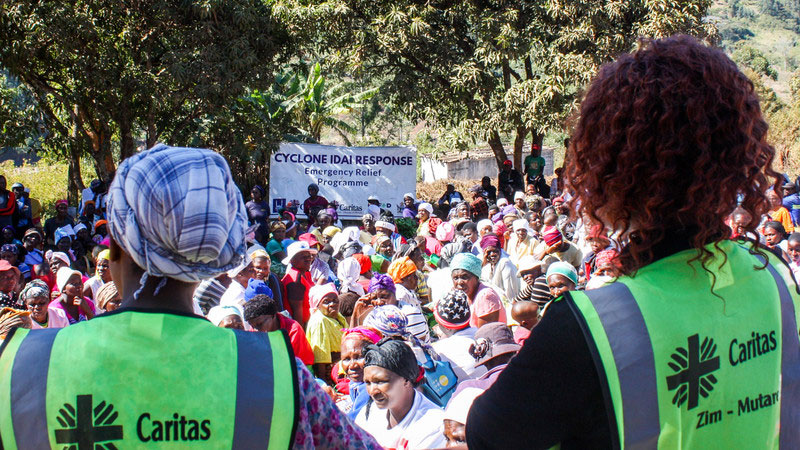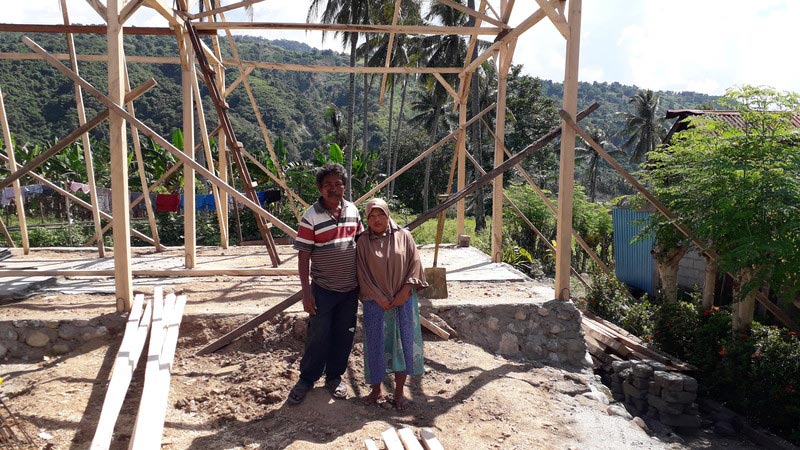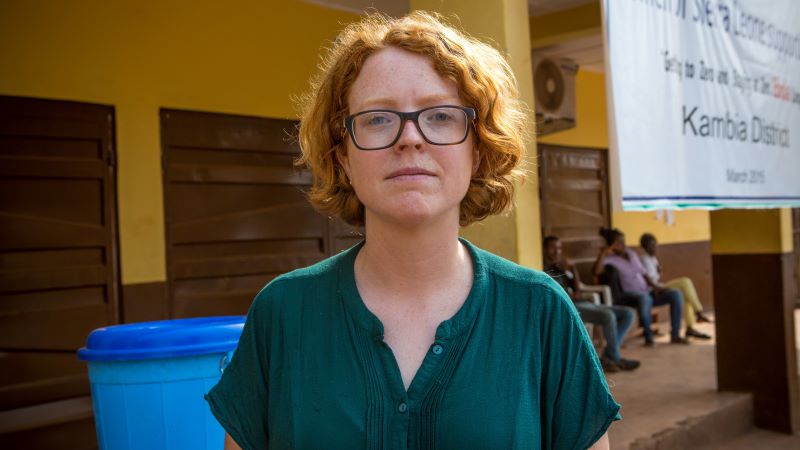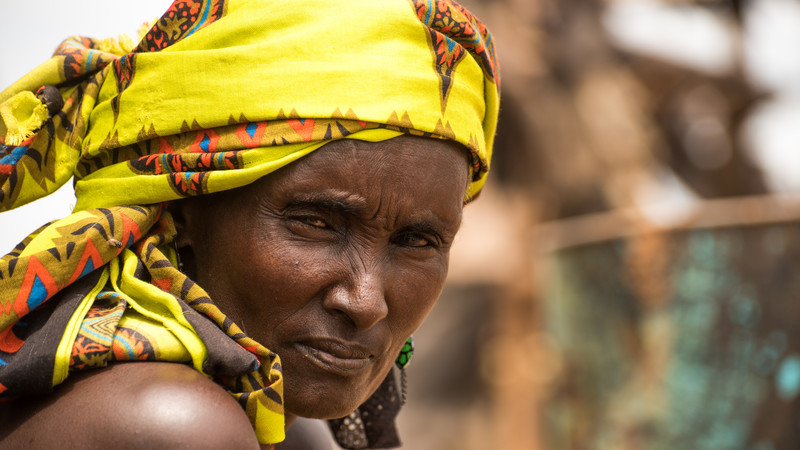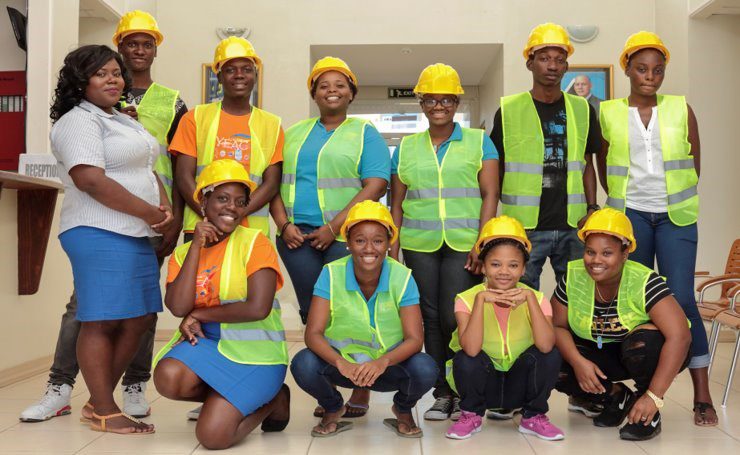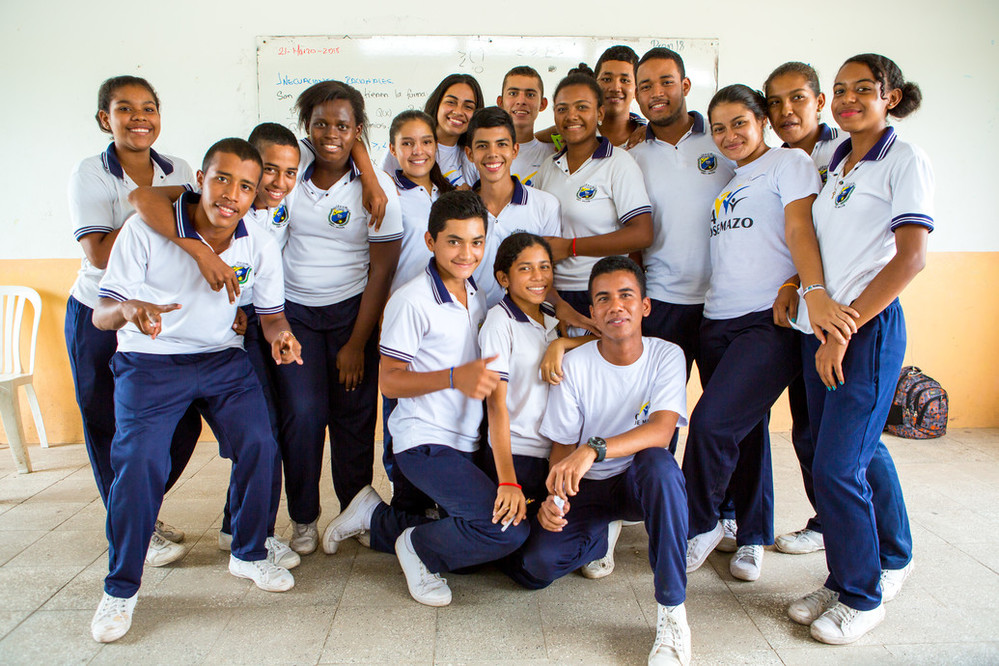August 23, 2018
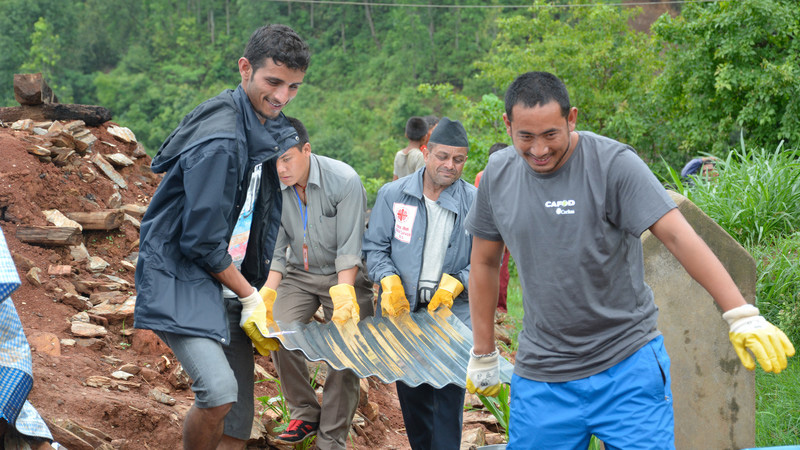
Timothy Cohen from CAFOD’s emergency response team reflect back on his visit to Nepal. He talks about the role of an aid worker.
If someone tells you they’re an ‘aid worker’, how would you picture them? You probably think of someone who’s any (or all) of the following:
- Photogenic (which rules me out!)
- Emotive
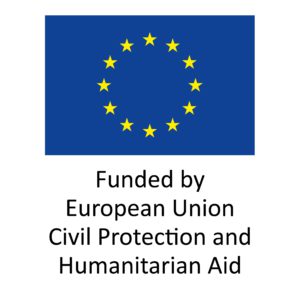
- Holding a clipboard in a t-shirt with a cool logo
That’s certainly how we (the aid sector) have sold ourselves to the public for the past 20 years. It’s good for our image and our branding. And it’s not untrue either; but it doesn’t tell the whole story.
But if you’ve paid close attention, maybe you’ve noticed this narrative changing slightly over the past few years? Maybe you’ve noticed that members of the local communities, and the organisations that they work for, are in the spotlight more and more?
Help us respond to emergencies
Continue reading “The role of an aid worker”
